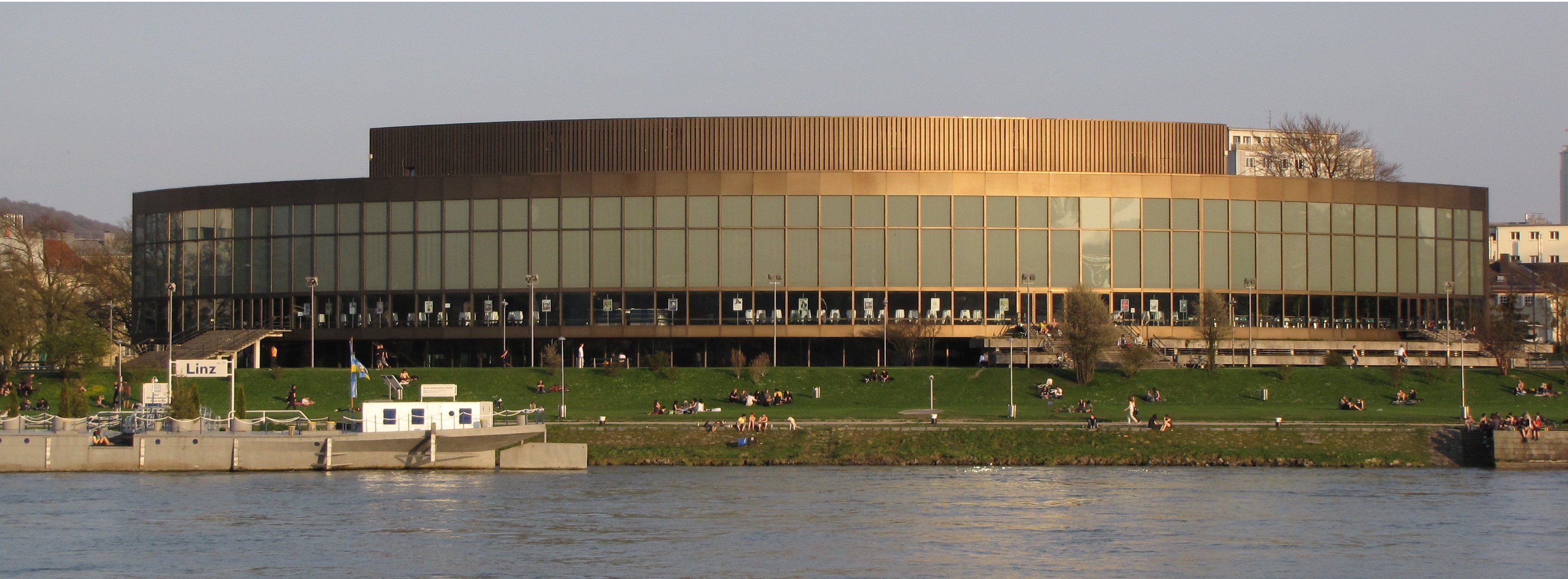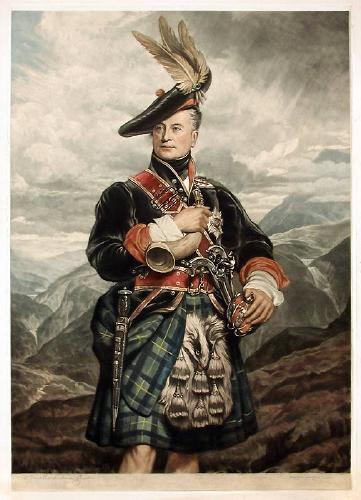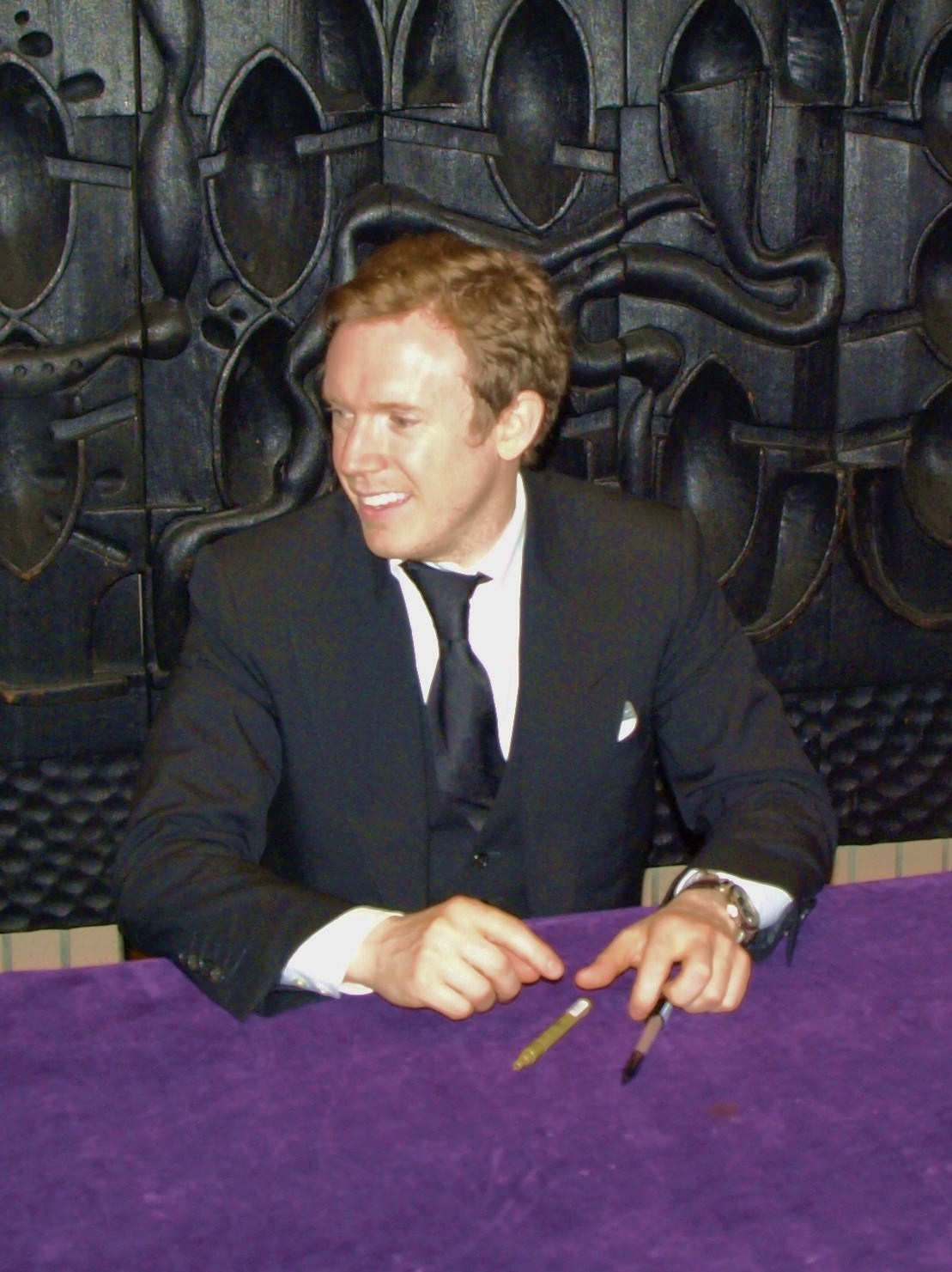|
Brucknerfest
The International Brucknerfest Linz is an annual series of music events held in Linz. The music event series is named after Anton Bruckner and is organised by the Brucknerhaus. The Brucknerfest was introduced in 1974 on the initiative of the artistic director of the Brucknerhaus Horst Stadlmayr and started with an orchestral concert under Herbert von Karajan. Since 1977, the Bruckner Festival has been a fixed component of Austrian cultural events alongside the Vienna Festival and the Salzburg Festival. In 2005, the festival took place from 11 September to 2 October. The keynote speaker was Anton Zeilinger. The Bruckner Orchestra Linz played Bruckner's 9th Symphony under the direction of Dennis Russell Davies. Furthermore, the Vienna Philharmonic under Pierre Boulez Bruckner's 7th Symphony, and the Staatskapelle Dresden played Bruckner's 4th Symphony under the conduct of Muyng-Whun Chung. Furthermore, the Orchestre Philharmonique de Monte-Carlo (conductor Marek Janowski), the ... [...More Info...] [...Related Items...] OR: [Wikipedia] [Google] [Baidu] |
Linz
Linz ( , ; cs, Linec) is the capital of Upper Austria and third-largest city in Austria. In the north of the country, it is on the Danube south of the Czech border. In 2018, the population was 204,846. In 2009, it was a European Capital of Culture. Geography Linz is in the centre of Europe, lying on the Paris–Budapest west–east axis and the Malmö–Trieste north–south axis. The Danube is the main tourism and transport connection that runs through the city. Approximately 29.27% of the city's wide area is grassland. A further 17.95% are covered with forest. All the rest areas fall on water (6.39%), traffic areas and land. Districts Since January 2014 the city has been divided into 16 statistical districts: Before 2014 Linz was divided into nine districts and 36 statistical quarters. They were: #Ebelsberg #Innenstadt: Altstadtviertel, Rathausviertel, Kaplanhofviertel, Neustadtviertel, Volksgartenviertel, Römerberg-Margarethen #Kleinmünchen: Kleinmünchen, Neue ... [...More Info...] [...Related Items...] OR: [Wikipedia] [Google] [Baidu] |
Brucknerhaus
The Brucknerhaus () is a festival and congress centre in Linz, Austria named after the Austrian composer Anton Bruckner. The building was designed by Finnish architects Heikki and Kaija Siren. Its construction took place from 1969 to 1973. It opened on 23 March 1974. It holds about 200 performances per year, with about 180,000 of total audience.About Brucknerhaus It is home to the International Brucknerfest Linz and the , two annual musical events. Brucknerhaus has three main halls: [...More Info...] [...Related Items...] OR: [Wikipedia] [Google] [Baidu] |
Dirk Joeres
A dirk is a long bladed thrusting dagger.Chisholm, Hugh (ed.), ''Dagger'', The Encyclopædia Britannica, 11th ed., Vol. VII, New York, NY: Cambridge University Press (1910), p. 729 Historically, it gained its name from the Highland Dirk (Scots Gaelic "Dearg") where it was a personal weapon of officers engaged in naval hand-to-hand combat during the Age of SailO'Brian, Patrick, ''Men-of-War: Life In Nelson's Navy'', New York: W.W. Norton & Co., (1974), p. 35 as well as the personal sidearm of Highlanders. It was also the traditional sidearm of the Highland Clansman and later used by the officers, pipers, and drummers of Scottish Highland regiments around 1725 to 1800 and by Japanese naval officers. Etymology The term is associated with Scotland in the Early Modern Era, being attested from about 1600. The term was spelled ''dork'' or ''dirk'' during the 17th century,Head, T.F. ''The Concise Oxford Dictionary of English Etymology'' Oxford University Press (1996) presumed relate ... [...More Info...] [...Related Items...] OR: [Wikipedia] [Google] [Baidu] |
Rudolf Buchbinder
Rudolf Buchbinder (born 1 December 1946, Litoměřice, Czechoslovakia) is an Austrian classical pianist. Biography Buchbinder studied with Bruno Seidlhofer at the Vienna Academy of Music. In 1965, he made a tour of North and South Americas. In 1966 he won a special prize awarded at the Van Cliburn International Piano Competition. Subsequently he has toured with the Vienna Philharmonic and appeared as soloist around the world. He has also taught piano at the Basel Academy of Music. For the Teldec label he has recorded the complete keyboard music of Joseph Haydn, all Mozart's major works for piano, all the Beethoven piano sonatas and variations, and both Brahms piano concertos with Harnoncourt and the Royal Concertgebouw Orchestra of Amsterdam. With János Starker, he recorded memorable performances of works for cello and piano by Beethoven and Brahms. He has twice recorded the Beethoven Piano Concertos conducting from the keyboard, first with the Vienna Symphony Orchestra for th ... [...More Info...] [...Related Items...] OR: [Wikipedia] [Google] [Baidu] |
Angelika Kirchschlager
Angelika Kirchschlager (born 24 November 1965, Salzburg) is an Austrian mezzo-soprano opera and lieder singer. Career Kirchschlager began her musical training at the Mozarteum in Salzburg, where she studied percussion and piano. In 1984, she went to the Vienna Music Academy, where she studied with Gerhard Kahry and Walter Berry. Her first engagements were at the Wiener Kammeroper and the Graz Opera. Kirchschlager won 1st Prize together with Morenike Fadayomi in Wien's international Operncafé HArtauer-COmpetition and third prize in the International Hans Gabor Belvedere Singing Competition both in 1991. Her stage debut was in Graz in 1993 as Octavian (''Der Rosenkavalier''). In 1993, she became a member of the Vienna State Opera, and made her debut there as Cherubino (''The Marriage of Figaro''). Also in 1993, she was awarded the Mozartinterpretationspreis of the Mozart Society of Vienna. In 2002, Kirchschlager sang the role of Sophie in the world première of Nicholas Maw' ... [...More Info...] [...Related Items...] OR: [Wikipedia] [Google] [Baidu] |
Symphony No
A symphony is an extended musical composition in Western classical music, most often for orchestra. Although the term has had many meanings from its origins in the ancient Greek era, by the late 18th century the word had taken on the meaning common today: a work usually consisting of multiple distinct sections or movements, often four, with the first movement in sonata form. Symphonies are almost always scored for an orchestra consisting of a string section (violin, viola, cello, and double bass), brass, woodwind, and percussion instruments which altogether number about 30 to 100 musicians. Symphonies are notated in a musical score, which contains all the instrument parts. Orchestral musicians play from parts which contain just the notated music for their own instrument. Some symphonies also contain vocal parts (e.g., Beethoven's Ninth Symphony). Etymology and origins The word ''symphony'' is derived from the Greek word (), meaning "agreement or concord of sound", "concert of ... [...More Info...] [...Related Items...] OR: [Wikipedia] [Google] [Baidu] |
Violin Concerto (Sibelius)
The Violin Concerto in D minor, Op. 47 of Jean Sibelius, originally composed in 1904 and revised in 1905, is the only concerto by Sibelius. It is symphonic in scope and included an extended cadenza for the soloist which takes on the role of the development section in the first movement. History Sibelius originally dedicated the concerto to the noted violinist Willy Burmester, who promised to play the concerto in Berlin. For financial reasons, however, Sibelius decided to premiere it in Helsinki, and since Burmester was unavailable to travel to Finland, Sibelius engaged Victor Nováček (1873–1914), a Hungarian violin pedagogue of Czech origin who was then teaching at the Helsinki Institute of Music (now the Sibelius Academy). The initial version of the concerto premiered on 8 February 1904, with Sibelius conducting. Sibelius had barely finished the work in time for the premiere, giving Nováček little time to prepare, and the piece was of such difficulty that it would ... [...More Info...] [...Related Items...] OR: [Wikipedia] [Google] [Baidu] |
La Scala
La Scala (, , ; abbreviation in Italian of the official name ) is a famous opera house in Milan, Italy. The theatre was inaugurated on 3 August 1778 and was originally known as the ' (New Royal-Ducal Theatre alla Scala). The premiere performance was Antonio Salieri's ''Europa riconosciuta''. Most of Italy's greatest operatic artists, and many of the finest singers from around the world, have appeared at La Scala. The theatre is regarded as one of the leading opera and ballet theatres globally. It is home to the La Scala Theatre Chorus, La Scala Theatre Ballet, La Scala Theatre Orchestra, and the Filarmonica della Scala orchestra. The theatre also has an associate school, known as the La Scala Theatre Academy ( it, Accademia Teatro alla Scala, links=no), which offers professional training in music, dance, stagecraft, and stage management. Overview La Scala's season opens on 7 December, Saint Ambrose's Day, the feast day of Milan's patron saint. All performances must end befor ... [...More Info...] [...Related Items...] OR: [Wikipedia] [Google] [Baidu] |
Daniel Harding
Daniel John Harding (born 31 August 1975) is a British conductor. Biography Harding was born in Oxford. He studied trumpet at Chetham's School of Music and was a member of the National Youth Orchestra at age 13. At age 17, Harding assembled a group of musicians to perform ''Pierrot Lunaire'' of Arnold Schoenberg, and sent a tape of the performance to Simon Rattle in Birmingham. After listening to this tape, Rattle hired Harding as his assistant at the City of Birmingham Symphony Orchestra for a year, from 1993 to 1994. Harding then attended the University of Cambridge, but after his first year at university, Claudio Abbado named him his assistant with the Berlin Philharmonic Orchestra. Harding first conducted the Berlin Philharmonic at age 21. At the time of his first conducting appearance at The Proms in 1996, he was then the youngest-ever conductor to appear there. Harding has stated that he has never had formal conducting lessons. He is a former Seiji Ozawa Fellow in con ... [...More Info...] [...Related Items...] OR: [Wikipedia] [Google] [Baidu] |
The Creation (Haydn)
''The Creation'' (german: Die Schöpfung) is an oratorio written between 1797 and 1798 by Joseph Haydn ( Hob. XXI:2), and considered by many to be one of his masterpieces. The oratorio depicts and celebrates the creation of the world as described in the Book of Genesis. The libretto was written by Gottfried van Swieten. The work is structured in three parts and scored for soprano, tenor and bass soloists, chorus and a symphonic orchestra. In parts I and II, depicting the creation, the soloists represent the archangels Raphael (bass), Uriel (tenor) and Gabriel (soprano). In part III, the bass and soprano represent Adam and Eve. The first public performance was held in Vienna at the old Burgtheater on 19 March 1799. The oratorio was published with the text in German and English in 1800. Inspiration Haydn was inspired to write a large oratorio during his visits to England in 1791–1792 and 1794–1795 when, alongside his close friend English music historian Charles Burney, he ... [...More Info...] [...Related Items...] OR: [Wikipedia] [Google] [Baidu] |
Gerd Grochowski
Gerd Grochowski (28 February 28, 1956 in Krefeld – 16 January 2017 in Mainz) was a German operatic bass-baritone who had an active international career from 1986 until his death in 2017. Particularly known for his performances in the operas of Richard Wagner, his roles included Donner in ''Das Rheingold'', Gunther in ''Götterdämmerung'', Klingsor in ''Parsifal'', Kurwenal in ''Tristan und Isolde'', Telramund in ''Lohengrin'', and Wotan in '' The Ring Cycle''. A graduate of the Hochschule für Musik und Tanz Köln, he was a longtime resident artist at the Cologne Opera. He appeared in leading roles as a guest artist at the Bayreuth Festival, the Berlin State Opera, the Bavarian State Opera, the Frankfurt Opera, the Hamburg State Opera, La Scala, the Liceu, the Linz State Theatre, the Stuttgart Opera, the Teatro Real, the Theater an der Wien, and the Salzburg Festival The Salzburg Festival (german: Salzburger Festspiele) is a prominent festival of music and drama establ ... [...More Info...] [...Related Items...] OR: [Wikipedia] [Google] [Baidu] |
Gabriele Schnaut
Gabriele Schnaut (born 24 February 1951) is a German classical singer who started her operatic career as a mezzo-soprano in 1976 and changed to dramatic soprano in 1985. She has appeared internationally and performed at the Bayreuth Festival from 1977 to 2000. She recorded works by composers of the 20th century and appeared in the premieres of operas by Wolfgang Rihm and Jörg Widmann. Career Born in Mannheim, Schnaut grew up in Mainz and received violin and singing lessons as a child. She studied first at the Peter Cornelius Conservatory of Mainz, majoring in violin, and at the same time musicology at the University of Mainz. From 1971 she studied singing at the Frankfurt University of Music and Performing Arts with Elsa Cavelti. Her first permanent engagement was as a mezzo-soprano in 1976 at the Staatsoper Stuttgart. In 1977 Schnaut made her debut at the Bayreuth Festival, singing Waltraute and the Second Norn in the ''Jahrhundertring'' staged by Patrice Chéreau. She appea ... [...More Info...] [...Related Items...] OR: [Wikipedia] [Google] [Baidu] |


.jpg)


